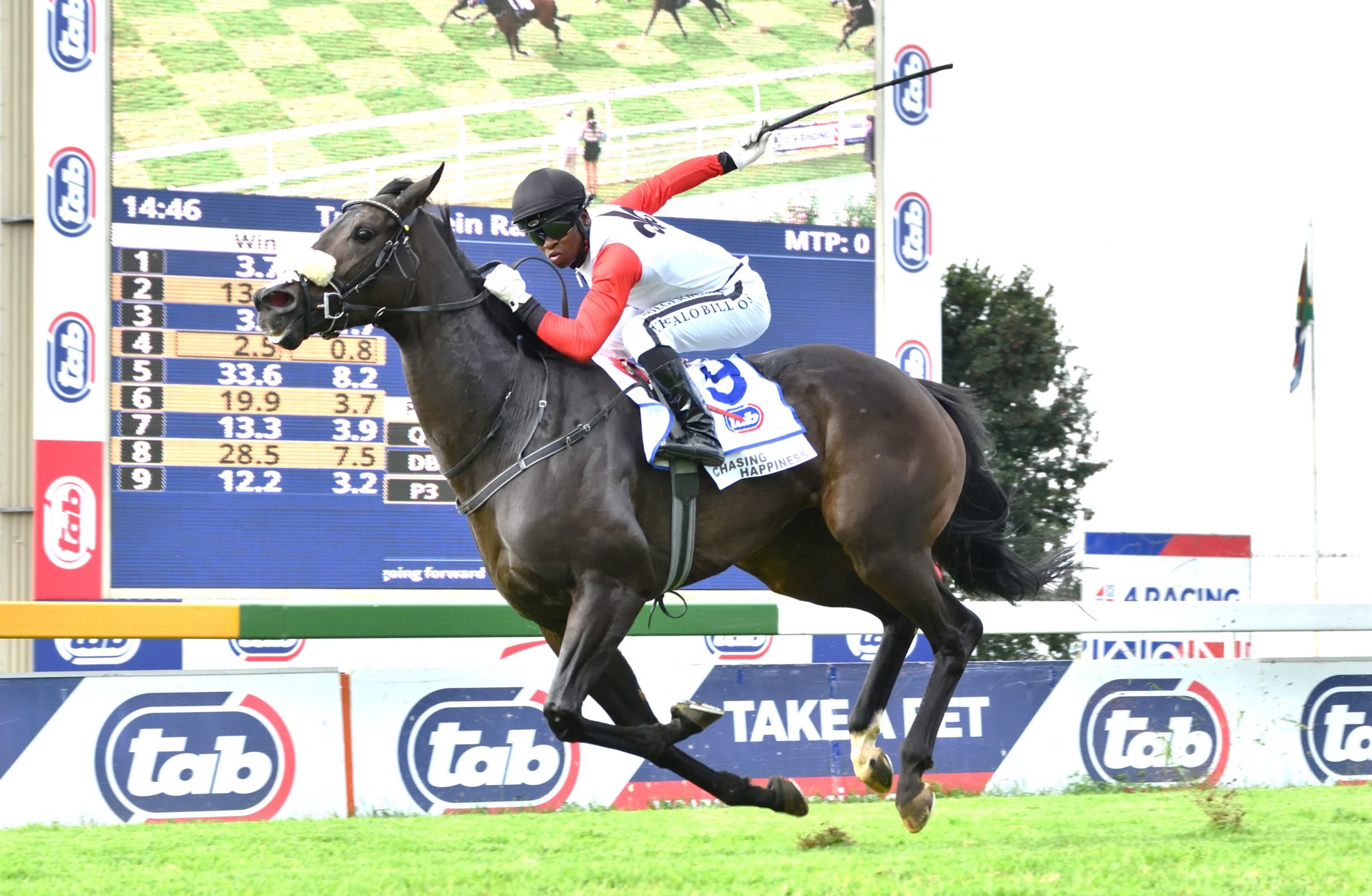There are several helpful lists doing the rounds on the internet – top tips for writing a great column, how to create great content, etc. There are rules for how to start a sentence, how to end one and pretty much everything you’re supposed to do in between. Of course, as most writers (and more importantly, most readers) know, most of it is bunk.
I say most of it, because all of us need to learn to walk before we can run. While correct sentence construction is important, as are rhythm and meter, there are basic and fundamental tools you need to perform your craft. At its bare minimum, writing consists of 26 letters. Only 26. And from those 26 letters are comprised every great (and terrible) piece of literature ever created. So you see, it’s not the letters that matter, but how they are arranged. And occasionally, something a little more intangible – the intent. That last bit surprised me a little, but it is still true. Again, there are a number of examples on Facebook and the like where people muddle up the spelling of words or even the correct order of sentences and as long as a few of the basics are in place, a reader will still be able to make sense of it. Art works in the same way – no matter how abstract Picasso gets, with the application of a few basics, he is able to suggest enough for his audience to understand his intent. And therein lies the skill and well, the art.
And there’s the rub. No matter how clever and sophisticated you get, there are always a few basics that need to be adhered to or the whole thing falls flat. Guidelines if you will. Or, in the case of business, law or organised sport, generally referred to as ‘rules’. I think we all know where I’m going with this.
Why have rules?
I’ve been thinking about rules a lot lately. I have also been thinking about how they are applied, by whom and who they are applicable to. Because here’s the thing – any kind of organisation – be it a society, a sport or a religion – has to be built on a set of rules or guidelines for it to have an identity and function in any sort of cohesive manner. In other words, it tells people who you are, what you do and how you do it.
Rules define things and differentiate one system from another. You know whether you are watching rugby, or cricket or football by the rules governing play. Rules create form and structure. They create a framework and they create boundaries.
Firm boundaries are useful for illustrating when people are operating inside the given parameters, or outside of them, so rules also generally come with a handy set of guidelines for what to do when they are broken. I think we definitely all know where I’m going with this now.
Designing rules
The key to a successful set of rules is consistency – consistency in how they are created, and more importantly, consistency in how they are applied. Hint: if you just make it all up as you go along, then you are not dealing with a formal system anymore and are basically back in the primordial stew of kindergarten. Perhaps less – even 3 year olds have a basic grasp of rules and how they are applied. Another handy hint is that if there is one set of rules for one person (or group of people) and a different set for another, then again, we are not dealing with a cohesive system anymore, we are dealing with chaos.
The reason for rules is to create a safe, level playing field for all participants. It creates a space in which participants can operate, secure in the knowledge of what the boundaries are and also what the repercussions are should they overstep the mark.
Why do we race?
I think Tesio summed it up succinctly with his quote that the aim or the ‘why’ of what we do is “always to breed and raise a race horse which, over any distance, can carry the heaviest weight in the shortest time.” We are trying to create a better horse. I think this very important fact gets buried under stakes, race conditions and turnover.
How do we develop a better horse? By testing it. And we test it on the racetrack, hence “The Thoroughbred exists not because its selection has depended on experts, technicians or zoologists but one piece of wood: the winning post of the Epsom Derby.” The bit that is usually left out is the post script, “If you base your criteria on anything else, you will get something else, not the Thoroughbred.”
In short, racing is the selection mechanism for improving the breed. When we start basing it on anything else, we are getting something else. Not racing.
Managing the rules
For anyone to obey the rules, they firstly need to understand and accept the rules, and secondly, they need to respect the system enough to play by the rules in order to reach the goal. People, being what they are, are prone to testing rules and boundaries and frequently try to play outside the rules if it will save them time or effort, or better still, give them an advantage over the opposition. If this were to be allowed, it would enable an unfair advantage of one party over another. And so we need to create a mechanism or a sub organisation to implement and enforce the rules.
Organisations that function efficiently are the ones where people obey the rules and work together successfully towards a common goal. These are helped along if there is a strong system for enforcing the rules, or enforcing a set of prescribed consequences when the rules are broken. Generally speaking, the stronger and more respected this ‘governing body’, the more efficiently the whole system functions and the less work the organisation as a whole needs to do.
Communicating the rules
Comfortable, well-defined and well-understood guidelines or rules are the cornerstone of any organised activity. Most organisations have their own unique set of rules and guidelines and these are generally made available (if not mandatory) for participants to learn. Knowledge of prescribed rules and how to act within them, builds confidence and confidence creates comfort. Perhaps most importantly, it inspires trust.
The Rules in Racing
Horse racing is an organised sport, trying to conduct itself as a business by offering gambling on its product. In much the same way as playing the lottery, racing relies on mass participation to create our betting pools. In order to appeal to the gambling masses, we need to do two things – offer large enough pools to provide an attractive incentive and create a level playing field to encourage people to play. If people don’t want to play with us, we’re dead in the water. It is pretty clear that if we are not racing properly, there is limited incentive to gamble on us. It’s really not all that complicated.
Where we succeed and where we don’t
 So, racing has rules and we also have a body to implement and manage those rules (yay, us!). Where I think we fall down is in our application of our rules and more specifically how we deal with transgressions of the rules. I am not sure why it is so complicated when things are clearly written down in a publicly available volume for all to read. For some reason, it appears that our rules are applied unevenly. Some people seem to have rules applied more rigorously than others and a great deal of discretion seems to be the order of the day. Unfortunately, in doing so, the impression we give is that some rules apply more than others and they apply more to some people than to others.
So, racing has rules and we also have a body to implement and manage those rules (yay, us!). Where I think we fall down is in our application of our rules and more specifically how we deal with transgressions of the rules. I am not sure why it is so complicated when things are clearly written down in a publicly available volume for all to read. For some reason, it appears that our rules are applied unevenly. Some people seem to have rules applied more rigorously than others and a great deal of discretion seems to be the order of the day. Unfortunately, in doing so, the impression we give is that some rules apply more than others and they apply more to some people than to others.
I think this is a very bad idea. It creates confusion and worst of all, a bad impression. If we can’t stick to our own rules consistently, how on earth do we expect to run a business with any sort of integrity?
In the same way as one cannot be a little bit pregnant, it should not be possible to have ‘sort of’ broken the rules. Or for one person to have broken them a little more than another. Surely one has either erred or you have not?
When the regulatory body starts being inconsistent, well, it throws our credibility right out of the window.
Eina, sjoe!
Without any consistent rules (and rulings), we cannot prove to anyone that we have a healthy, functioning sport, nevermind a viable business to base gambling on and our declining turnover is a clear indicator of where we stand in the credibility ratings. Unfortunately racing is built on a fairly tenuous construct at best, so if we have no credibility, then we have no right to expect any self-respecting person to participate. In case I haven’t been clear enough: no credibility, no participation, no money to function. Capiche?
What’s she on about?
I am referring of course to the management, or perhaps mismanagement of the S’manga debacle, which is fast becoming the Tarry debacle. The NHA appeared to start well, then did an about face, then followed the rules for a bit and then went off plan again. It’s all rather a mess and predictably, getting messier and nearly two years down the line we are still no clearer on what happened, why it happened or satisfactory reasoning for the eventual decision. Two years! I’m not getting any younger people!!
If it can’t be right, it should at least be funny
Perhaps it was worth the wait for the NHA statement that the matter was “dealt with on its own peculiar facts and is not precedent setting.” Not precedent setting? How in the name of all things holy can we throw out the rule book for a specific incident and then blithely say that this is not precedent setting?
People please – once we start bending the rules, we have a broken system, not a broken rule.
There’s a little internet story which probably explains it better than I can which goes like this. Get a glass and smash it on the floor. Okay, done. Is it broken? Yes. Now say sorry to it. Sorry. Is it fixed now? Of course not! So sorry wasn’t good enough? Well no, but – What about glue? Can you fix it by gluing it back together? I can try. Can you still see the cracks? Yes. Will it hold any water? Can it still fulfil its purpose? No. Why not? Because it’s broken. Because you have broken it. Oh. And it will be forever broken. You couldn’t fix it by saying sorry (not that racing would ever do such a silly thing!). Oh. Will it still be broken if you walk away? Yes. So you leaving won’t fix it? No. Can anything make it the way it was before? No. Do you understand now?
Haikona. The NHA can do its ostrich impression all it likes – acting outside the rules IS setting a precedent and a dangerous one at that, because where one person has been allowed to go, others will want to follow and having allowed it once, the NHA will damn well have to allow it again.
Word play
Perhaps it’s the terminology that’s problematic. Let’s solve that by swapping the word ‘precedent’ for ‘exception’. If an exception is made for one person, why should other people not expect the same? We can’t have it both ways and apply rules selectively. Well, not if we want to keep our credibility intact.
Power struggle
We have seen some downright bizarre decisions by our regulator recently. I suspect the reason for these apparently out of whack decisions is the power struggle being waged between the NHA and the bodies that fund it. Of course, due to their ridiculous confidentiality and non-disclosure clauses, members remain largely oblivious to this fact.
Be that as it may, it would seem that the system has been roundly shaken and found wanting. Or is it perhaps the application of the system (or even the people applying it) at fault? Either way, I think it’s left us looking very silly indeed.
Second verse, same as the first
To add insult to injury, we now have another high profile case in the Piere Strydom incident.
A date has been set and it will be interesting to see what rule the NHA chooses to charge Striker under. It will be even more interesting to see how they penalise him, if they choose to do so, or whether we’re in for another non-precedent setting exception to the rules.
The racing world is watching.














